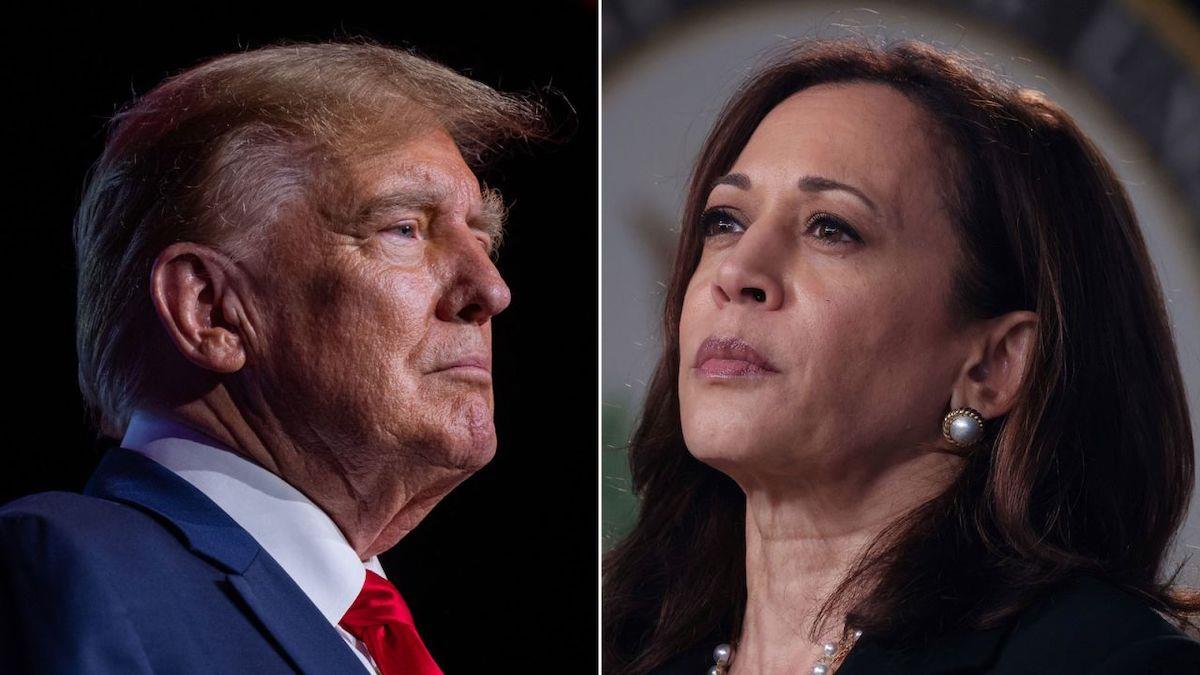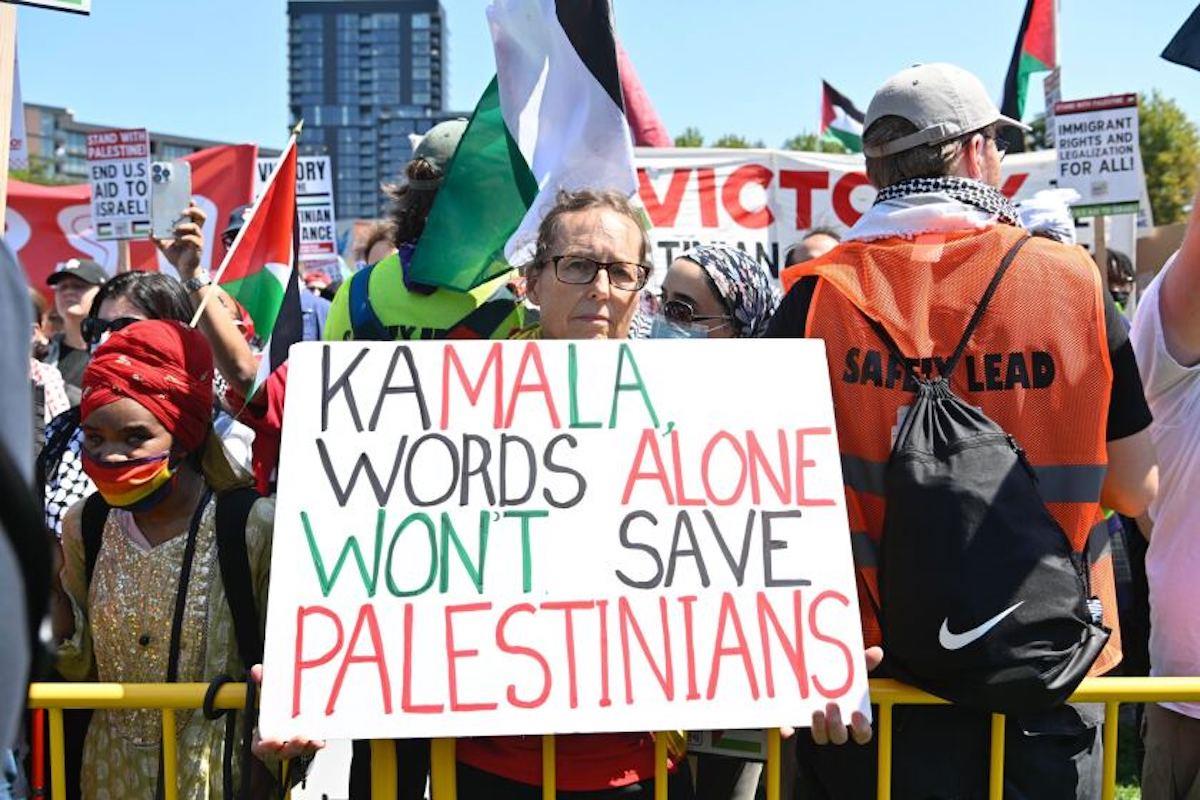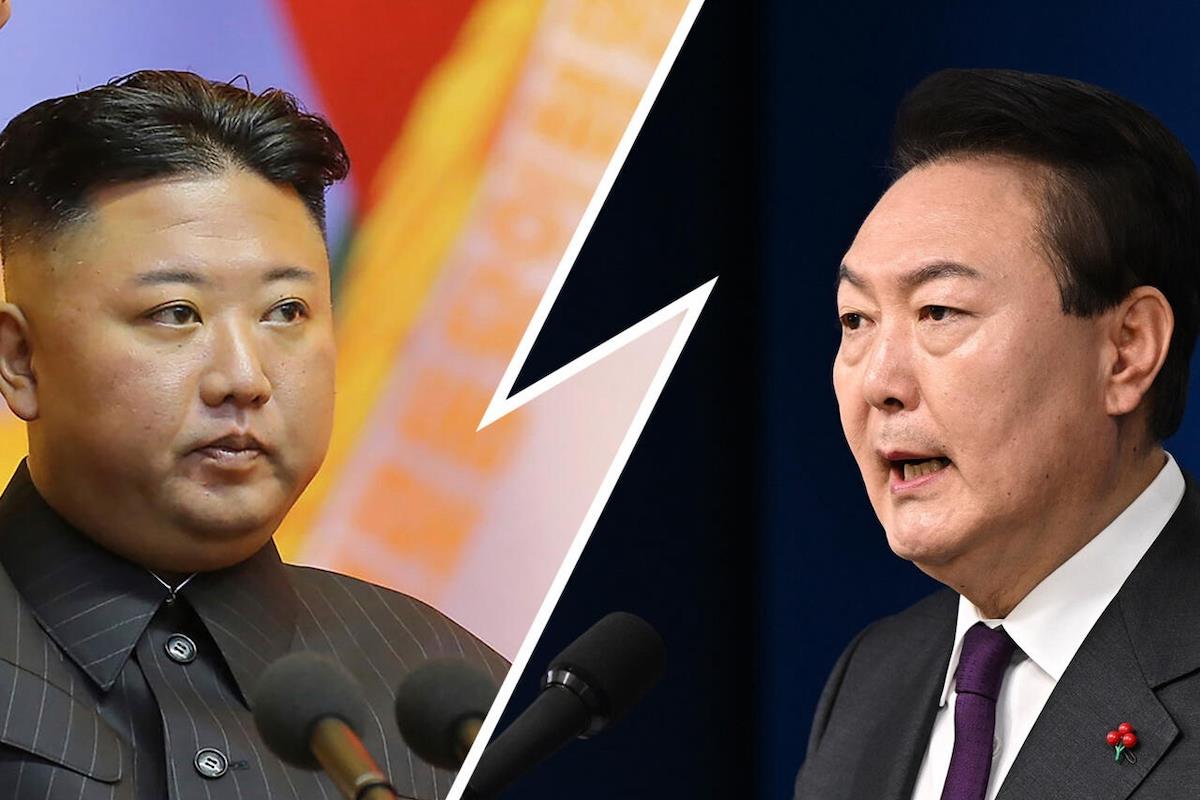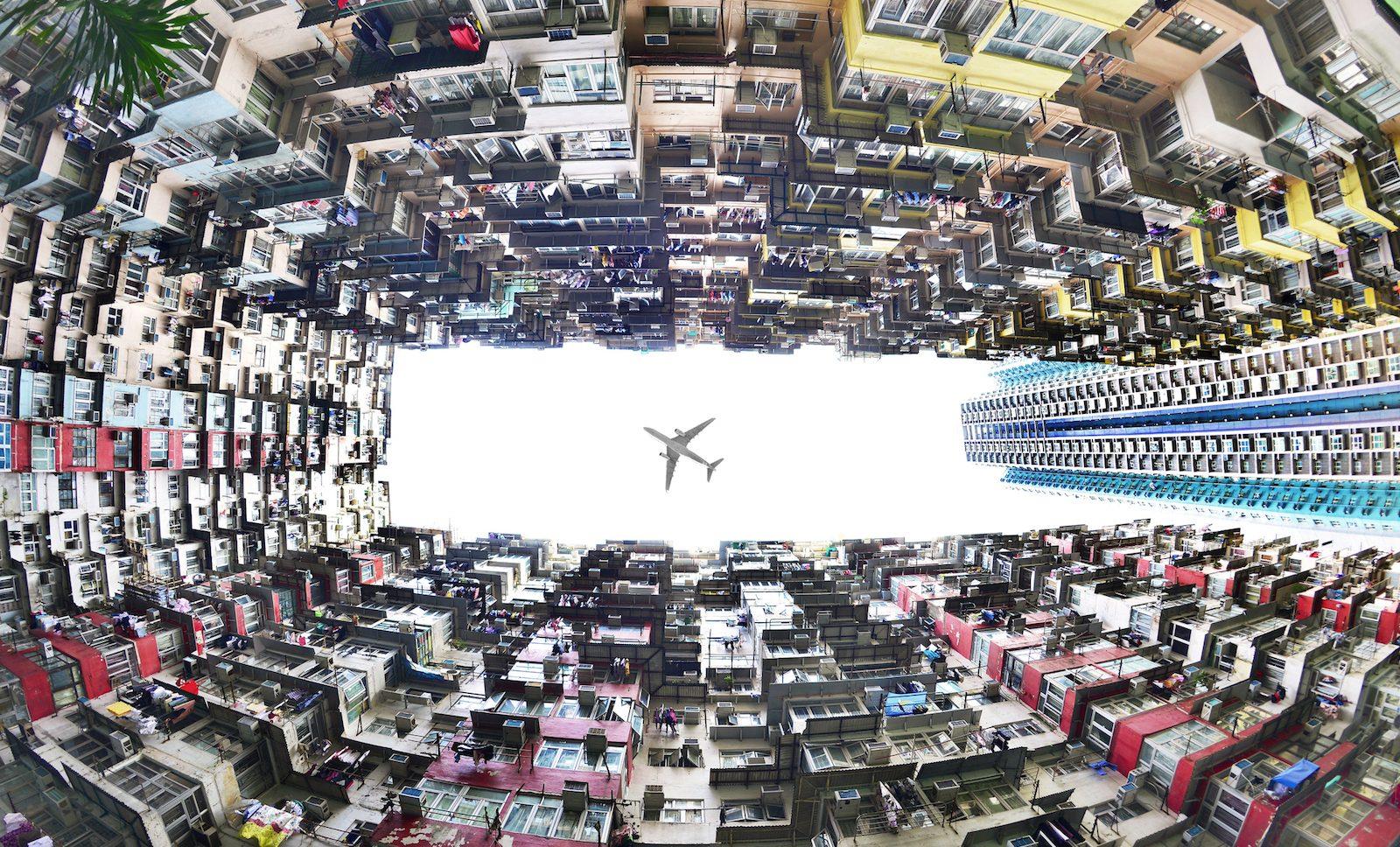
Trump, Harris Industrial Policies' Winners & Losers
Different, too, will be the implications for agriculture.
Industrial policy refers to government support for – and protection of – particular industries, using tools such as tariffs, subsidies and research. Washington policymakers used to deride it. They believed markets allocated capital better than governments and free trade made the country richer than protectionism.
They didn't always practice what they preached, of course. Without calling it industrial policy, they supported, among other industries,
- housing, with the mortgage-tax deduction;
- health care, with the National Institutes of Health; and
- agriculture, with farm programs.
The auto industry got repeated help. President Ronald Reagan leaned on Japan to“voluntarily” restrain auto exports to the US. President Barack Obama bailed out Detroit after the 2008 financial implosion. And for 40 years the United States has had a 25% tariff on light trucks.
Still, industrial policy was mostly dismissed as“picking winners and losers” that would lead to“crony capitalism.” Meanwhile, presidents worked hard to negotiate free trade agreements.
As recently as 2012, Republican presidential candidate Mitt Romney attacked his opponent, President Obama, for having failed to negotiate a single free trade agreement. Obama defenders noted that he'd signed three, even though they'd been negotiated by his predecessor.
Today, devotion to free markets and free trade is a thing of the past.

Legal Disclaimer:
MENAFN provides the information “as is” without warranty of any kind. We do not accept any responsibility or liability for the accuracy, content, images, videos, licenses, completeness, legality, or reliability of the information contained in this article. If you have any complaints or copyright issues related to this article, kindly contact the provider above.


























Comments
No comment